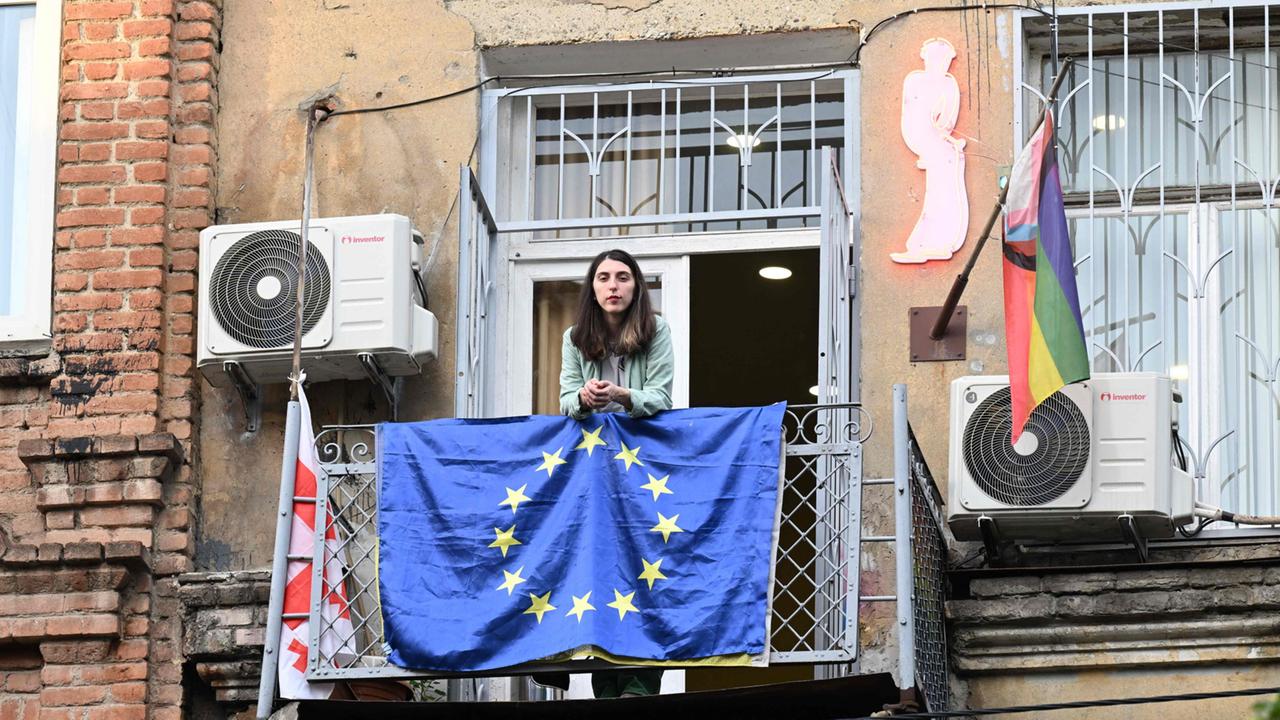Despite criticism from the EU and domestic political resistance, a law has come into force in Georgia that restricts the rights of homosexuals and other sexual minorities. The country is moving further away from EU standards.
In the South Caucasus republic of Georgia, parliamentary leader Shalva Papuashvili signed a law restricting the rights of homosexuals and other sexual minorities, paving the way for it to come into force. According to the TV channel Rustavi 2, Papuashvili justified the move by wanting to protect families and children in the country.
The law provides for the “restriction of propaganda of same-sex relationships (…) in educational institutions and television programs”. It is similar to Russian legislation restricting LGBTQ rights and, among other things, bans gender reassignment or gay adoption and declares same-sex marriages performed abroad invalid on Georgian territory. The English abbreviation LGBTQ stands for lesbian, gay, bisexual, transgender and queer.
EU, opposition and president against the law
The ruling Georgian Dream party passed the “family values” law on September 17th. The opposition boycotted the vote. Pro-European President Salome Zurabishvili did not sign the law, but did not veto it either. This meant that the document only had to be signed by the Speaker of Parliament. It is intended to come into force upon publication in the Georgian Law Almanac.
The draft law had previously been criticized by the European Union. It promotes “discrimination and stigmatization” of sexual minorities, criticized EU foreign policy chief Josep Borrell and called on the Georgian government to withdraw it.
Parallels to the Russian “Agent Law”
Relations between Georgia and the EU are already strained due to recent restrictions on non-governmental organizations in Georgia. President Zurabishvili also opposed the government and vetoed the law on “foreign influence.” However, this was overruled by Parliament. Zurabishvili then filed a complaint with the Constitutional Court.
Critics see the Georgian law as having clear parallels to the law against “foreign agents” in Russia, which enables the authorities there to take massive action against media and organizations critical of the government.
After coming to power in 2012, the Georgian Dream party initially pursued a liberal, pro-Western political course. In the past two years, however, critics say she has turned her attention to Moscow. Brussels has now put Georgia's EU accession process on hold.




